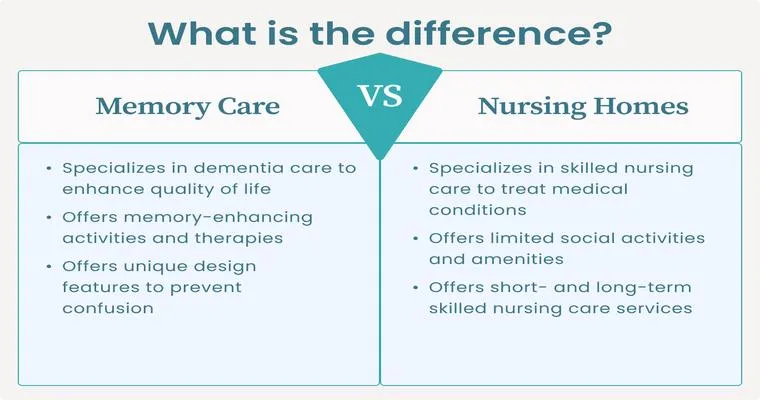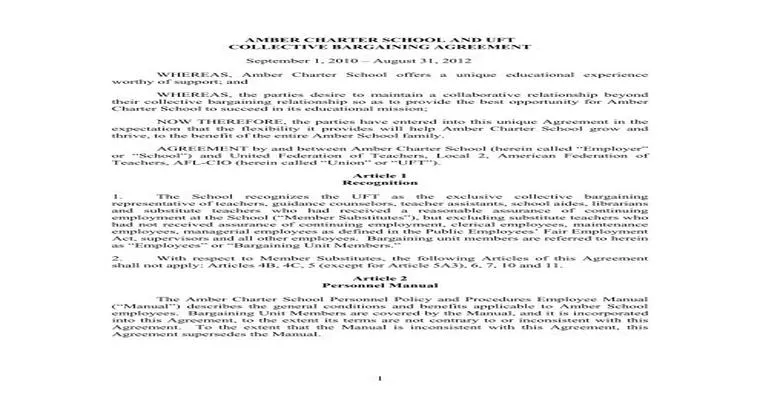When it comes to understanding long-term care options, many people often confuse "skilled nursing care" with a "nursing home". While both provide essential services for individuals who need assistance with daily living and medical care, there are significant differences between the two that can impact the type of care you or your loved one might require. In this article, we will explore these differences to help you make an informed decision about care options.
Definition of Skilled Nursing Care
"Skilled nursing care" refers to a specialized type of medical care provided by licensed nurses and healthcare professionals. This type of care is often necessary for individuals recovering from surgery, illness, or injury who require ongoing medical attention. Skilled nursing facilities, or SNFs, offer comprehensive medical services, including medication management, physical therapy, occupational therapy, and rehabilitation services. The primary focus of skilled nursing care is to help patients regain their independence and achieve their health goals.
Definition of a Nursing Home
On the other hand, a "nursing home" is a residential facility designed to provide long-term care for individuals who are unable to live independently due to chronic illness, disability, or age-related issues. Nursing homes provide a wide range of services, including assistance with daily activities such as bathing, dressing, and eating. While nursing homes may offer some medical care, their primary focus is on providing supportive services and ensuring the comfort and safety of their residents.
Key Differences
1. "Level of Care": The most crucial difference lies in the level of care provided. Skilled nursing care involves medical professionals delivering complex medical treatments and rehabilitation services. Nursing homes focus on custodial care and assistance with daily activities, with less emphasis on intensive medical care.
2. "Duration of Stay": Skilled nursing care is often short-term, aimed at recovery or rehabilitation. Patients may transition from a hospital to a skilled nursing facility for a limited time. In contrast, nursing homes cater to individuals who require long-term care, often for the remainder of their lives.
3. "Staffing": Skilled nursing facilities are staffed with licensed nurses and healthcare practitioners who are trained to provide advanced medical care. Nursing homes may have nurses on staff, but they primarily employ nursing aides and support staff who assist residents with daily living tasks.
4. "Cost": The costs associated with skilled nursing care are typically higher than those for nursing homes due to the level of medical attention required. Skilled nursing facilities may be covered by Medicare for a limited time, while nursing home costs are often covered by Medicaid for eligible individuals.
5. "Environment": Skilled nursing facilities are often more clinical in nature, focusing on recovery and rehabilitation. Nursing homes, however, resemble residential living environments, promoting a sense of community and social interaction among residents.
Conclusion
In summary, while both "skilled nursing care" and "nursing homes" serve important roles in the continuum of care, they cater to different needs and circumstances. Understanding the differences between these two options can help families make the best choice for their loved ones. If you or someone you know is considering long-term care, it is essential to evaluate the specific needs and preferences to determine the most suitable option. Whether it is short-term skilled nursing care or long-term support in a nursing home, the right choice can significantly impact the quality of life for those in need of assistance.





